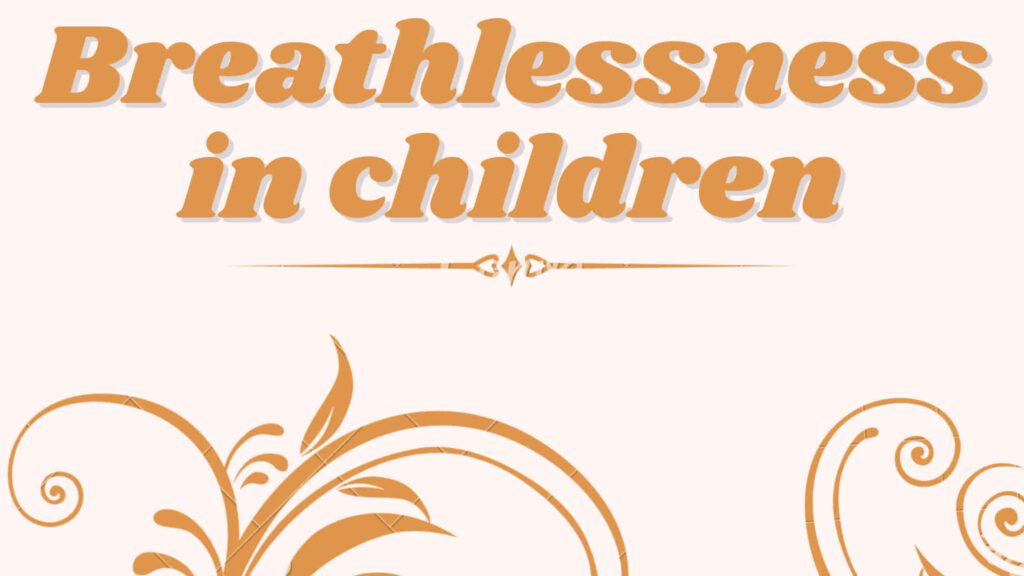Table of Contents
Introduction:
Our livers are remarkable organs that play a crucial role in our overall well-being. However, excessive alcohol consumption and various other factors can lead to liver damage, causing serious health concerns. In this article, we will explore the early signs of liver damage, skin manifestations, symptoms of liver failure, and available treatment options. So, let’s dive in and uncover the secrets of the liver!
Section 1: Understanding Liver Damage
What Causes Liver Damage?
Our liver is susceptible to damage for various reasons, with alcohol being a leading culprit. Chronic alcohol abuse can progressively harm the liver, leading to inflammation and scarring, a condition known as alcoholic liver disease. Other factors contributing to liver damage include viral infections (such as hepatitis), obesity, certain medications, autoimmune diseases, and genetic disorders.
Section 2: Recognizing Early Signs of Liver Damage
Early Indicators of Liver Damage
Detecting liver damage at an early stage is crucial for timely intervention. Here are some common early signs that may signal liver impairment:
- Fatigue and weakness
- Loss of appetite and weight loss
- Nausea and vomiting
- Abdominal pain and swelling
- Yellowing of the skin and eyes (jaundice): Described More later
- Dark urine and pale stools
- Itchy skin
- Easy bruising and bleeding
SEE ALSO: Liver hurts when I Bend Over? Is it the Liver or Gall Bladder?
Section 3: Unveiling Skin Signs of Liver Damage
The Skin Speaks: Visible Clues of Liver Damage
Surprisingly, our skin can act as a mirror, reflecting the underlying health of our liver. Various skin manifestations may indicate liver damage, such as:
- Jaundice: Yellowing of the skin and eyes due to the buildup of bilirubin.
- Spider angiomas: Spider-like blood vessels appear on the skin.
- Palmar erythema: Reddening of the palms.
- Pruritus: Intense itching caused by accumulated toxins.
- Terry’s nails: Pale or white nails with a characteristic brownish or reddish band at the tip.
Jaundice: A skin sign
One significant sign of liver damage is Jaundice, which occurs when bilirubin accumulates in the body, leading to yellowing of the skin and eyes.”
Jaundice is a common symptom associated with liver disease and deserves special attention. It is caused by the accumulation of bilirubin, a yellow pigment produced when the liver breaks down red blood cells. When the liver is damaged or unable to process bilirubin efficiently, it builds up in the bloodstream, resulting in the characteristic yellowing of the skin and eyes.
- Yellowing of the Skin and Eyes: The most prominent and noticeable symptom of jaundice is the yellow discoloration of the skin and whites of the eyes. This occurs due to the buildup of bilirubin, which gives a yellow hue to the tissues.
- Dark Urine: Jaundice can cause the urine to appear dark or brownish in color. This change in urine color is a result of the excess bilirubin being excreted through the kidneys.
- Pale Stools: In contrast to dark urine, stools may become pale or clay-colored due to reduced bilirubin reaching the intestines for excretion. This change in stool color is often associated with jaundice.
- Fatigue and Weakness: Jaundice can be accompanied by generalized fatigue and weakness. The underlying liver condition and elevated bilirubin levels can contribute to feelings of tiredness and decreased energy levels.
- Abdominal Pain and Swelling: Some individuals with jaundice may experience abdominal discomfort or pain, which can be associated with liver inflammation or underlying liver disease.
- Itching: Elevated levels of bilirubin in the bloodstream can cause itching or pruritus. This itching sensation is often generalized and can be bothersome for individuals with jaundice.
- Nausea and Loss of Appetite: Jaundice can also lead to symptoms of nausea, vomiting, and a reduced appetite. These symptoms may be a result of liver dysfunction and the body’s impaired ability to process nutrients.
It is important to note that jaundice itself is a symptom of an underlying condition affecting the liver, gallbladder, or bile ducts. If you experience jaundice or any of the associated symptoms mentioned above, it is crucial to consult a healthcare professional.
Section 4: Signs and Symptoms of Liver Failure
When the Liver Falters: Identifying Liver Failure
Liver failure is a serious condition requiring immediate medical attention. Recognizing the signs and symptoms can be life-saving. Here are some common indicators of liver failure:
- Persistent jaundice
- Severe fatigue and weakness
- Mental confusion and disorientation
- Abdominal swelling and pain
- Easy bruising and bleeding
- Nausea, vomiting, and diarrhea
- Impaired cognition and personality changes
SEE ALSO: 5 Ways to Properly Cleanse the Liver for Fast Weight Loss.
Section 5: Treatment and Hope for Liver Failure
Seeking Relief: Liver Failure Treatment Options
When liver failure occurs, prompt treatment is essential. Depending on the severity and underlying cause, treatment options may include:
- Medications: Prescribed medications can help manage symptoms and slow down the progression of liver damage.
- Lifestyle changes: Adopting a healthy lifestyle, including a balanced diet, exercise, and abstaining from alcohol, is crucial for liver recovery.
- Liver transplantation: In severe cases, a liver transplant may be the only viable option, providing a second chance at life.
Conclusion:
In conclusion, liver failure is a serious condition that requires immediate medical attention. If you suspect that you or someone you know may be experiencing liver failure, it is crucial to seek prompt medical care. Recognizing the signs and symptoms, such as persistent jaundice, severe fatigue, mental confusion, abdominal swelling, and easy bruising, can help facilitate early intervention.
Liver failure significantly impacts one’s health and quality of life. However, there is hope. Treatment options, including medications, lifestyle changes, and, in severe cases, liver transplantation, can provide a chance for recovery and a renewed lease on life.
Taking proactive steps to maintain liver health is equally important. Avoiding excessive alcohol consumption, adopting a balanced diet rich in fruits, vegetables, and whole grains, maintaining a healthy weight, and practicing safe behaviors to prevent viral infections can help safeguard the liver from damage.
Remember, your liver plays a vital role in your overall well-being. By prioritizing liver health and being aware of the signs and symptoms of liver damage and failure, you can take control of your health and make informed decisions to protect this remarkable organ.
If you have concerns about your liver health or suspect any signs of liver damage, don’t hesitate to consult with a healthcare professional. They can provide the necessary guidance, diagnosis, and appropriate treatment to ensure the best possible outcome for your liver health. Your liver deserves the care and attention it requires, so prioritize its well-being and live a healthier life.



